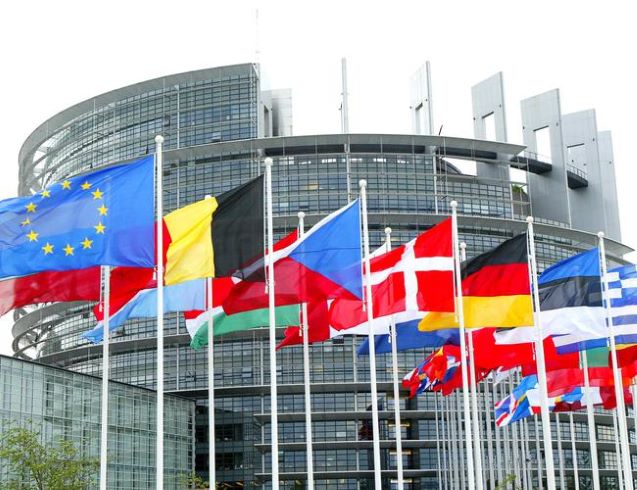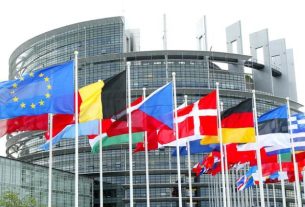Brussels, Belgium – Hate speech targeting Muslims and Jews in Europe is rising as the conflict between Israel and Hamas rages, a European Union official tasked with combating Islamophobia has warned.
“We’ve seen a very clear rising trend of anti-Muslim hatred and anti-Semitic narratives. This hate speech ranges from microaggressions to clear threats and we’ve observed most of it happening on social media platforms,” Marion Lalisse told Al Jazeera.
“The hatred towards Muslims in particular, has to do with negative stereotypes considering Muslims as a monolithic group involved in violence. Such biases are spread across EU nations.”
Lalisse said research is needed on how Europeans are being educated on Muslims and Islam.
“I grew up in rural France which was very diverse and I was taught about the Muslim religion and culture of the people who follow this faith, in a manner which didn’t portray them as threats,” she told Al Jazeera.
“So in my role of combating anti-Muslim hatred, we are funding projects related to the remembrance of the past and analysing how history books in schools and universities in Europe portray Muslims.”
Hamas launched an unprecedented attack on Israel one month ago; the current Israeli death toll exceeds 1,400.
After October 7, Israel in retaliation launched a massive bombing campaign of Gaza, in what it says is an effort to crush the Palestinian group that rules the strip.
Gaza is one of the world’s most densely populated areas. To date, more than 10,000 Palestinians have been killed, many women and children among them.
Anti-Semitic crimes are being recorded in several European countries.
But besides the UK, other European countries have not published statistics on reported Islamophobic incidents, which have also been increasing since October 7, according to Human Rights Watch.
“This suggests they do not record hate crimes against people perceived to be Muslim. Lack of data impedes effective policy responses to such hate crimes,” the rights group said in a statement.
The EU Agency for Fundamental Rights (FRA) has a database documenting anti-Muslim hatred between 2010 and 2020 in the bloc, which according to Lalisse will be updated in the coming weeks.
“We are all in this together,” Lalisse said.
“We need to make sure that there is a balanced narrative on what’s happening in Europe so that people can live freely, regardless of their religious belief or absence of religious belief.”
Asked whether she considers French bans on garments worn by some Muslims discriminatory, Lalisse said: “We’ve noted how a Muslim woman wearing a hijab in France is likely to face more discrimination than the country’s overall Muslim population.”
She further defended the French measures, adding: “The ban of the abaya or other religious symbols at school or in some other circumstances is related to the willingness to show neutrality and spread equality. These are France’s secular values which are often misunderstood.”__aljazeera.com





